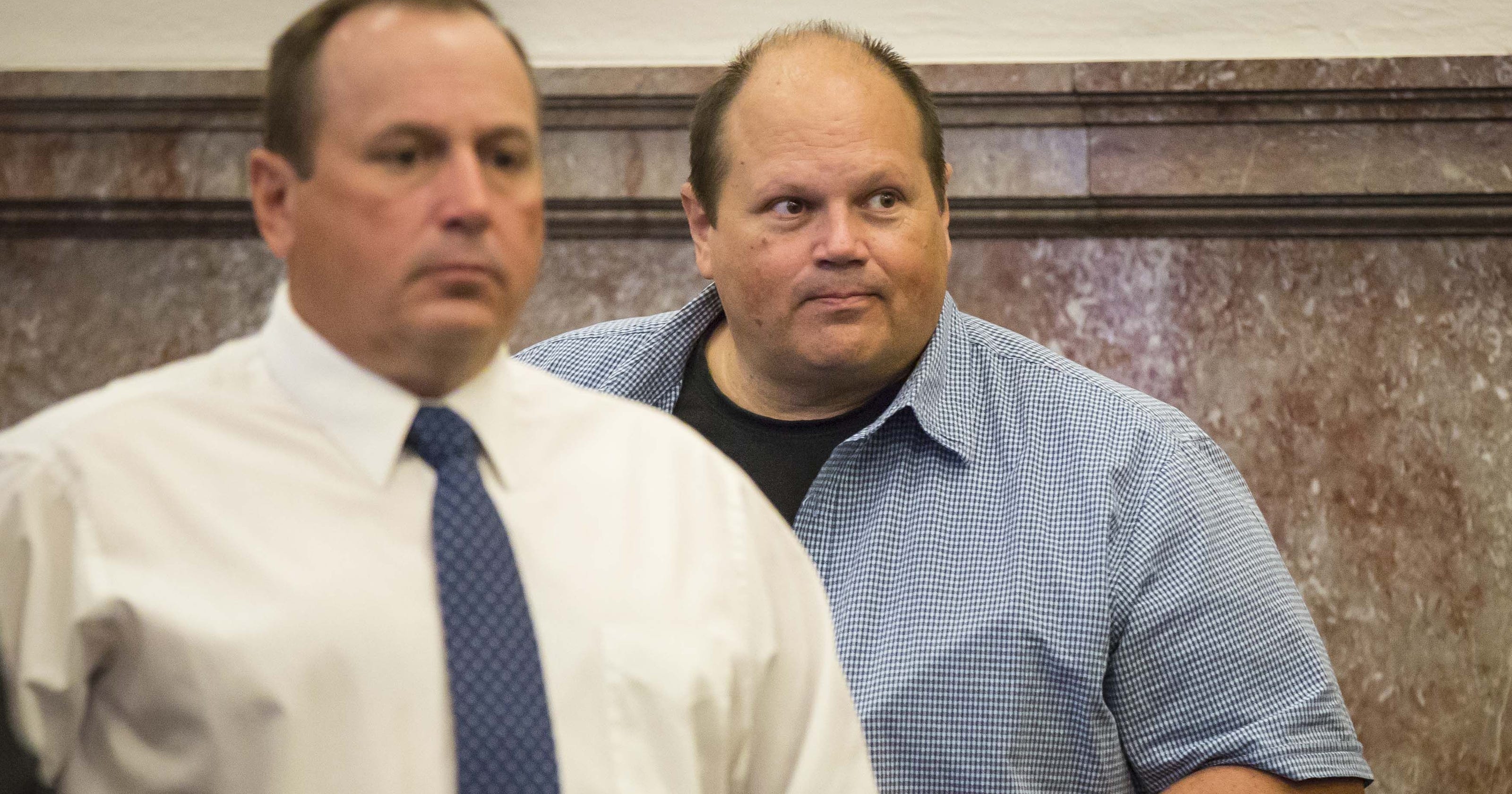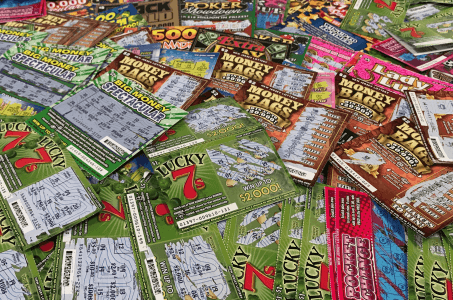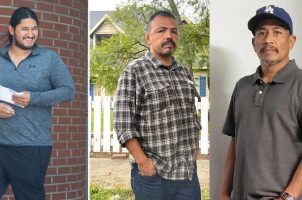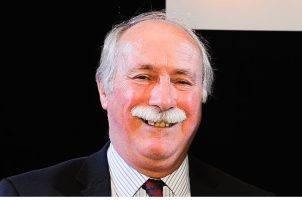Colorado Man Not Entitled to Full Lottery Jackpot Split Three Ways with Fraudsters, Court Rules
Posted on: June 21, 2019, 08:30h.
Last updated on: June 21, 2019, 08:30h.
A Boulder, Colorado man who shared a lottery jackpot in 2005 with two brothers who were later convicted of fixing the draw, is not entitled to the full whack, the Colorado Court of Appeals ruled Thursday.

Amir Massihzadeh won $568,990, after tax, 14 years ago — his share of a jackpot split three ways with notorious lottery fraudsters Eddie and Tommy Tipton. But in 2015, when the FBI came asking questions about a scheme to rig lotteries, Massihzadeh suspected he had been cheated out of a bigger prize.
In 2017, one month after the mastermind of the scam, Eddie Tipton, was sentenced to 25 years in prison for fixing at least six lotteries in multiple states, Massihzadeh sued the Colorado Lottery for the full amount — $4.8 million, before tax — claiming he had been cheated.
“These criminals knew what no one else did: what the potential winning combination of numbers would be. They were not playing a game of chance like all the honest players,” Massihzadeh’s attorneys told the appeals court.
A Prize is a Prize
But the Lottery argued it was not liable because Massihzadeh was locked into a contract when he signed the original ticket to claim his third of the jackpot.
In February 2018, a Denver District Court judge agreed with the state lottery and dismissed the case. The appellate court upheld the judgment.
Based on the statute’s plain language, the division concludes that the trial court properly dismissed the complaint because the payment of one-third of the jackpot and the defendant’s acceptance thereof constituted ‘any prize,’ sufficient to discharge the Division of liability,” wrote Judge Daniel Taubman.
Lottery Master-Scammer
Eddie Tipton was the head of IT security at the Multi-State Lottery Association (MUSL), a position that enabled him to install a self-destructing hack program into the random number generator. This instructed the computer to select a set of numbers known only to Tipton on three days of the year.
The Tiptons were arrested in 2010. After clumsily trying to collect a $16.5 million Iowa jackpot anonymously via a third party, MUSL officials became suspicious and examined the security from the convenience store where the “winning ticket” had been purchased. They immediately recognized a colleague, Eddie Tipton, despite his attempt to disguise himself with a large scarf and a hat.
Colorado agreed not to prosecute the Tiptons after they signed a restitution agreement to repay $1,137,980, which was the total amount of the two fraudulent tickets. The brothers were also implicated in rigging lottery draws in Wisconsin, Kansas and Oklahoma.
Robert Duncan, a lawyer for Massihzadeh, said he was disappointed with Thursday’s decision and that he and his colleagues would now consider whether to appeal to the highest court in the state.
“Our job will be to ascertain how would this matter fit into the grand scheme of things in the Colorado Supreme Court and whether to ask or not,” he said.
Related News Articles
Nebraska Lottery Won’t Pay Out on 405 Misprinted Scratch-Off Tickets
$2B Powerball Jackpot Plaintiff Says He’s Receiving Death Threats
Brit Lawyer Jailed for Embezzling £1.85M Chasing Fake Lottery Jackpot
Most Popular
LOST VEGAS: The Foster Brooks Robot at MGM Grand
Bally’s Sets Date for Tropicana Las Vegas Implosion & Party
Most Commented
-
VEGAS MYTHS RE-BUSTED: You Don’t Have to Pay Resort Fees
— August 2, 2024 — 16 Comments -
VEGAS MYTHS RE-BUSTED: Elvis Was a Straight-Up Racist
— August 9, 2024 — 11 Comments -
ANTI-SOCIAL BEHAVIOR: Vegas Casino Buffet Stunt in Poor Taste Goes Viral
— August 16, 2024 — 7 Comments -
VEGAS MYTHS RE-BUSTED: The Strip Tried Appealing to Families and Failed
— August 23, 2024 — 7 Comments
















No comments yet